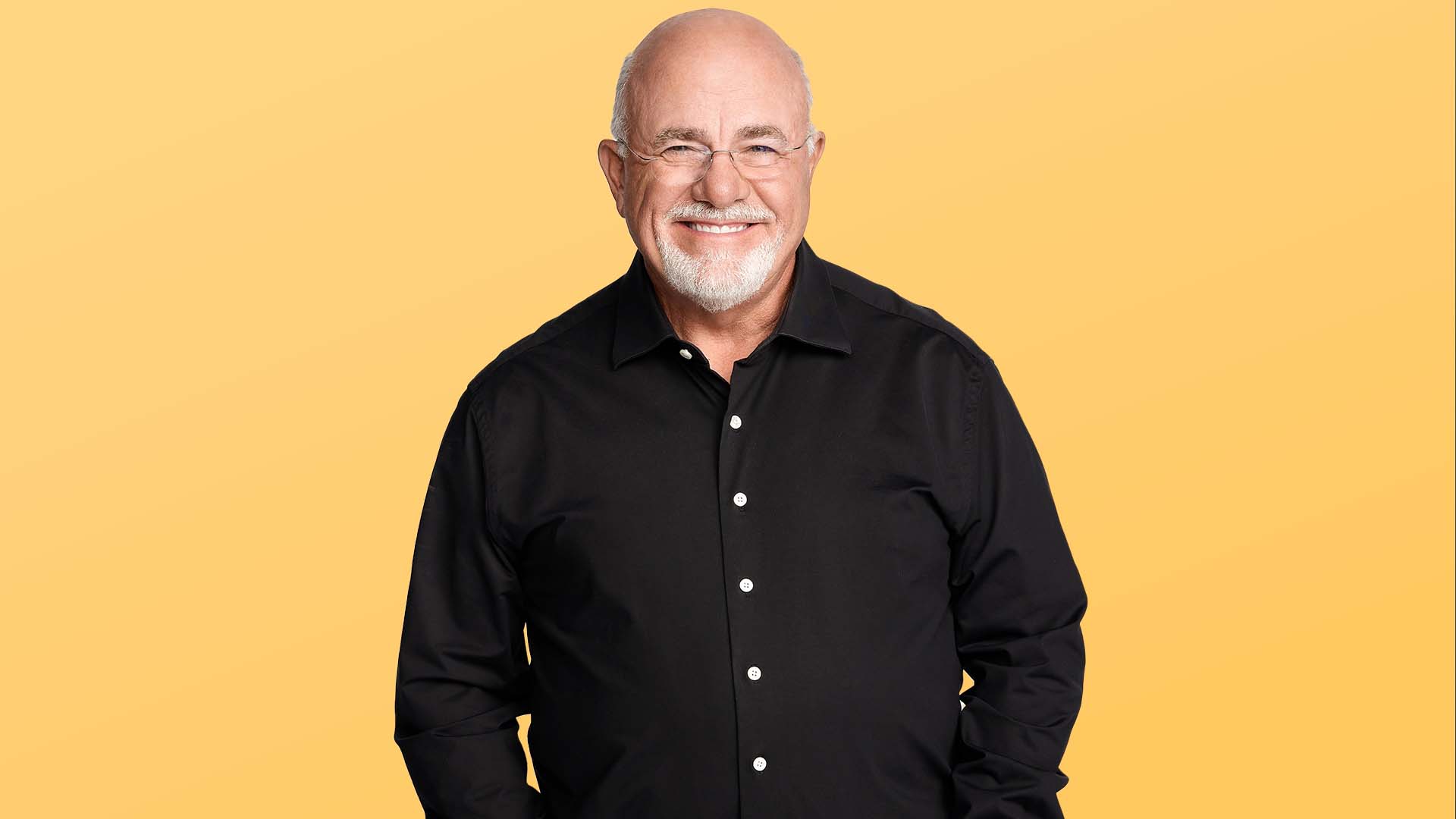3 Reasons Gen Z Isn’t As Bad With Money As You Might Think

Commitment to Our Readers
GOBankingRates' editorial team is committed to bringing you unbiased reviews and information. We use data-driven methodologies to evaluate financial products and services - our reviews and ratings are not influenced by advertisers. You can read more about our editorial guidelines and our products and services review methodology.

20 Years
Helping You Live Richer

Reviewed
by Experts

Trusted by
Millions of Readers
If there’s one time-honored trend that seems to cycle through every generation, it’s nit-picking the financial decisions of the newest cohort. It wasn’t so long ago that Millennials were blamed for ruining the economy because they couldn’t resist iced lattes and avocado toast. Before them, Gen Xers were lambasted as slackers who didn’t want to work. So, it makes sense that it’s now Gen Z’s turn under the harsh spotlight.
Zoomers have come under fire for embracing social media trends focused on luxury brands, shopping, and travel — while at the same time leaning into advice from online celebrities and “finfluencers.” But as a Latina wealth activist, founder of RQZA (a bilingual financial platform designed to help families build generational wealth), and a member of Gen Z herself, Lea Landaverde would like to flip the script on how this generation’s money habits are judged.
Gen Z is navigating a radically different financial landscape than their parents, grandparents, cool aunts and uncles, or even older siblings — and they’ve got to embrace new money mindsets if they want to survive and thrive. Landaverde spoke to GOBankingRates as part of our Top 100 Money Experts series about the challenges Gen Z faces, and how they’re rewriting the rules of wealth.
Gen Z Is Facing a Different Financial Reality
It’s a running joke online: Gen Z would like to start living through some precedented times. Before Zoomers could even find their financial footing, they were hit with the aftershocks of the pandemic, persistent inflation, high student debt and a job market that feels less than steady. As if that weren’t enough, Zoomers are also navigating a contentious political climate that only adds more volatility to the mix.
Before anyone casts judgment on Gen Z for not meeting certain financial benchmarks, Landaverde wants them to consider the context:
“Many of us graduated into economic uncertainty with the highest post-grad unemployment rate, all while facing a rising cost of living and stagnant wages,” she said. “Add in today’s political climate and the rollback of key protections, and you’ve got a generation that’s being forced to build wealth in a system that wasn’t designed with us in mind.”
For Zoomers, gaining financial independence is far more complex than creating a budget — they have to build a plan to survive in an uncertain world. And, as Landaverde explains it, thriving in that world will require Gen Z to redefine what wealth means to them as a generation.
Gen Z Is Rejecting Outdated Money Messages
The message that many Americans get from a young age is that success is the natural result of hard work. This statement conversely suggests that if you aren’t successful, it’s because you didn’t work hard enough. This doesn’t hold water with Zoomers, many of whom are working multiple jobs and hustling nonstop, yet still struggling to make ends meet.
“Hard work doesn’t always equal wealth — especially when we’re navigating systemic barriers like racism, generational poverty, and rising costs of living,” said Landaverde.
With that reality in mind, Gen Z is rewriting money narratives — emphasizing smart strategy instead of brute force and burnout.
“Wealth today isn’t about hustling ’til you burn out — it’s about making intentional moves,” Landaverde said. “That means learning how to leverage your time, energy and resources. It means knowing your worth, setting boundaries, finding creative income streams, and using financial tools that center you — not outdated advice.”
One of the financial tools that might surprise the older set? Rest.
Rest, Landaverde argues, helps Zoomers protect their energy and mental health for the long game.
“Strategy builds wealth. Rest protects it,” she said.
Gen Z Is Realizing There’s No One Way To Build Wealth
While previous generations grew up idolizing flashy lifestyles, spending hours in front of the TV zoning out to “Lifestyles of the Rich and Famous” or “MTV Cribs,” Gen Z is rejecting standard definitions of wealth. Zoomers are learning that the pathway to wealth doesn’t involve luxury cars and designer bags. Instead, they’re embracing small, consistent habits with big impacts.
“There is no ‘perfect’ moment to start building wealth. You’re not behind — you’re on your own timeline,” Landaverde said. “Wealth isn’t just money — it’s a mindset and a way of living. Start where you are. Take one step: automate your savings, learn about credit, set a goal.”
She also urges young people not to treat wealth like a competition, but rather to embrace shared knowledge and resources and, above all, to reach out for support from their communities.
“Remember, you don’t have to do it alone. Community is currency,” Landaverde said. “Lean on your people, your resources, and your culture. That’s how we build not just wealth, but generational change.”
Bottom Line
It’s easy to dunk on Gen Z for their financial habits, but doing so ignores the fact that this generation is coming of age during a period of deep financial uncertainty. Rather than follow outdated advice, Zoomers are carving out their own paths to wealth, prioritizing financial strategy, community, and well-being. And if older generations are paying attention, they might just learn something, too.
This article is part of GOBankingRates’ Top 100 Money Experts series, where we spotlight expert answers to the biggest financial questions Americans are asking. Have a question of your own? Share it on our hub — and you’ll be entered for a chance to win $500.
 Written by
Written by  Edited by
Edited by  Money Expert
Money Expert 











































































































